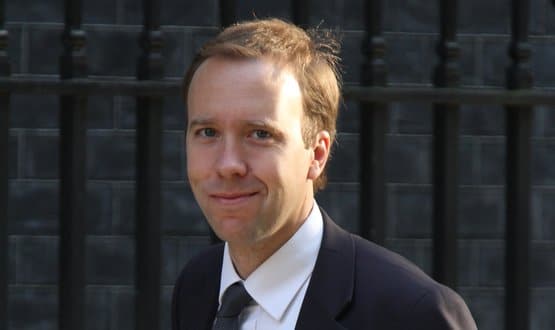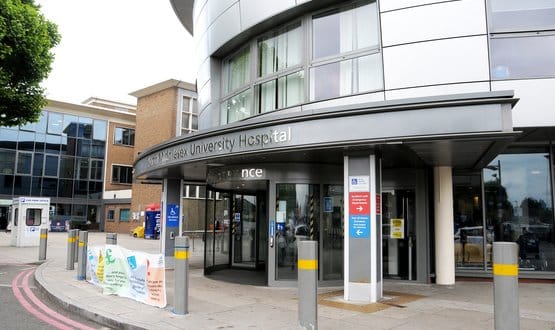Matt Hancock announces new programme to help NHS trusts go digital
- 18 December 2019

Matt Hancock has announced a new ‘digital aspirant’ programme to support NHS providers deliver core digital capabilities in his first keynote speech after the general election.
Speaking at the Policy Exchange, the health secretary renewed his pledge to invest in technology and assured the newly elected government would “double down on the tech agenda and bring the NHS into the 21st Century”.
Iterating his vision for the whole of the NHS to be included in the digital revolution, he said the Global Digital Exemplar (GDE) programme would “keep advancing” but a new Digital Aspirant programme would be put in place to help those that aren’t part of the GDE network.
The programme will support providers to have the core digital capabilities they need to deliver safe, high-quality and efficient care.
Hancock also suggested the Care Quality Commission (CQC) would begin assessing how appropriately providers are using digital solutions, something they’ve not previously done. The Department of Health an Social Care said more details will be announced at a later date.
“Until now, the focus has been on getting some hospitals up to scratch through the Global Digital Exemplar programme,” Hancock said.
“They’ve got to keep advancing, but now we’re going to help many more hospitals with a new Digital Aspirant programme.
“And we will create a role model of what excellence looks like for every different type of NHS provider so everyone knows what good looks like.
“And this model of excellence will become part of the CQC’s inspection regime too.”
He did not provide clarity on what the Digital Aspirant programme is, when it will be rolled out and if funding would be made available for hospitals who become part of it.
Technology would also be used to make the UK a “world leader” in life sciences, Hancock added.
“We are going to use technology on the frontline and also to advance the most cutting-edge techniques,” he said.
“We are going to make the UK a world leader in the life sciences sector… making sure the data that’s in the NHS can be used appropriately to inform new research and develop better treatments.”
Key players from the NHS, big tech and pharmaceutical companies have recently held meetings to discuss the potential to commercialise 65 million NHS medical records, valued at up to £10bn a year.
Documents revealed plans for a “single, standardised, event-based, longitudinal patient record” pulled together from GPs, hospitals, mental health professionals, demographics registers, prescription records as well as information from the private health sector, with the aim of improving improve outcomes for clinical trials, drug discovery and medical technology.
Hancock retained his portfolio as health secretary after a limited cabinet reshuffle on 16 December, following the general election which saw Johnson’s Conservative party win a Commons majority of 80.
Hancock, who replaced Jeremy Hunt in July 2018, posted a video of himself visiting the Department of Health and Social Care, the day after the election, saying he was “energised” to be back.




2 Comments
The proposal is encouraging and exciting but will require further clarification. I wonder how much the patients’ reported outcomes and experience will form part of the current digital transformation so that the impacts from the forthcoming financial investment can be monitored.
‘Documents revealed plans for a “single, standardised, event-based, longitudinal patient record” pulled together from GPs, hospitals, mental health professionals, demographics registers, prescription records as well as information from the private health sector, with the aim of improving improve outcomes for clinical trials, drug discovery and medical technology.’ Just like That! I await details of the methods to be used.
Comments are closed.